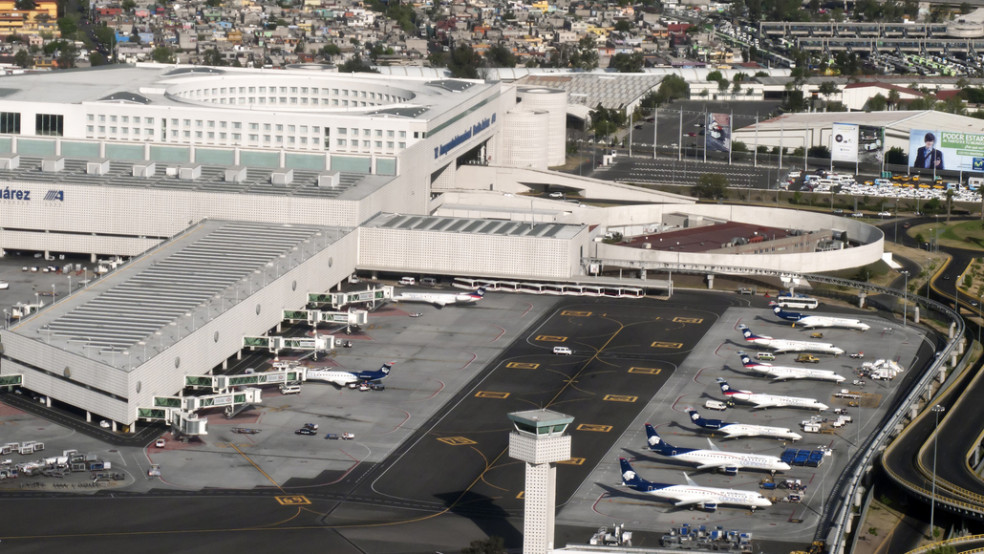MEXICO CITY, MEXICO — The American aircraft manufacturer Boeing predicts the demand for air travel in Latin America to increase faster than the rest of the world as the region's countries ease regulations and people's incomes rise, the planemaker's LatAm analyst said on Tuesday.
Boeing projects air traffic in Latin America will increase by an average of 4.4% yearly over the next 20 years, exceeding its 4% growth forecast for the industry globally. This development will be supported by a trend toward more liberal regulations over the next decade.
"We see liberalization not only as an engine of growth for the industry but also as a great way to democratize air travel and make it accessible for a larger number of people," said David Franson, the company's regional director of market analysis.
A network of low-cost carriers in the region had already grown thanks to the tendency toward weaker state control, offering more routes to Latin America, added Franson.
Low-cost operators such as Argentina's Flybondi and Chile's JetSmart have already Strengthened their positions in the market. Mexico's Volaris has developed a new model called "bus-switching," which targets bus travelers who cannot afford expensive plane tickets.
Airlines across Latin America have added around 200 destinations to their networks in the last decade.
"If this continues, we can expect to see a lot more in the way of those direct connections on relatively short-haul routes," said Franson.
In its July report, Boeing stated that Latin America would require 2,240 new aircraft and would have to train 118,000 new crew members and technicians over the next 20 years to meet growing demand.

